Every day terrible events happen, of such a dimension to make us feel helplessly: migrants who face death trips in desperate conditions, the populations that live the daily tragedy of the war or the dramatic social injustices that afflict the planet.
"What can I do?": Is it possible that this question paralyzes us and let us close in a resigned individualism.
The first challenge for one's conscience is to let yourself be questioned by that question. "What can I do?"
The fishermen of the Lampedusa coasts were asked in Italy, forming together with the generous people of the place real human chains, to tend to hand and try to save at least one at a time (and then ten, one hundred, one thousand ...) of the desperate shipwrecked abandoned to the waves of the Mediterranean sea. The communities on the borders of the places of war were asked (in Europe, in Africa, in Asia ...), which opened the doors of their homes not based on a political or economic calculation, but on a natural choice of compassion and reception.
Precisely in these situations it is possible to observe small or large daily "miracles", which are not utopian dreams, but are the gestures that build the society of the future.
Look for hope, do not wait for us to come to us: prof. Russell Pearce[1] of the Fordham School of Law in New York. He conducted interviews in two organizations that promote dialogue and peace between Israelis and Palestinians - Parents Circle and Combarnts for Peace - aimed at understanding how their members managed to maintain mutual relationships in the aftermath of 7 October 2023 and during the subsequent war in Gaza. Why have these groups maintain their bonds and have these even become stronger? Both the Palestinians and the Israelis report that their dialogue has been transformative. They say theirs is dialogue of love. A Palestinian participant observes: "The transformation we lived was a very sacred experience for each of us and has left a deep bond in our souls. It is a journey and a process that transforms the other into a brother ". An Israeli observes similarly: "We work to build trust and become a family, years of a sacred job with all challenges, dynamics and doubts". Pearce concludes: the Jewish essays teach that "if you save a life, save the whole world"; A Palestinian who guides the youth program of the Parents Circle explained: "If you change a person, you change a whole world".
Chiara Lubich said: "The most visible aspect of unity is fraternity. This certainly seems to me the most suitable path to trace the current (...) to reach freedom and equality more fully. (...) It is a way valid for those who have the fate of humanity in their hands, but also for family mothers, for volunteers who bring songs of solidarity for the world, for those who provide part of the profits of their company to eliminate spaces of poverty, for those who do not surrender to war. The fraternity "from above" and the "from below" will meet in peace "[2]
